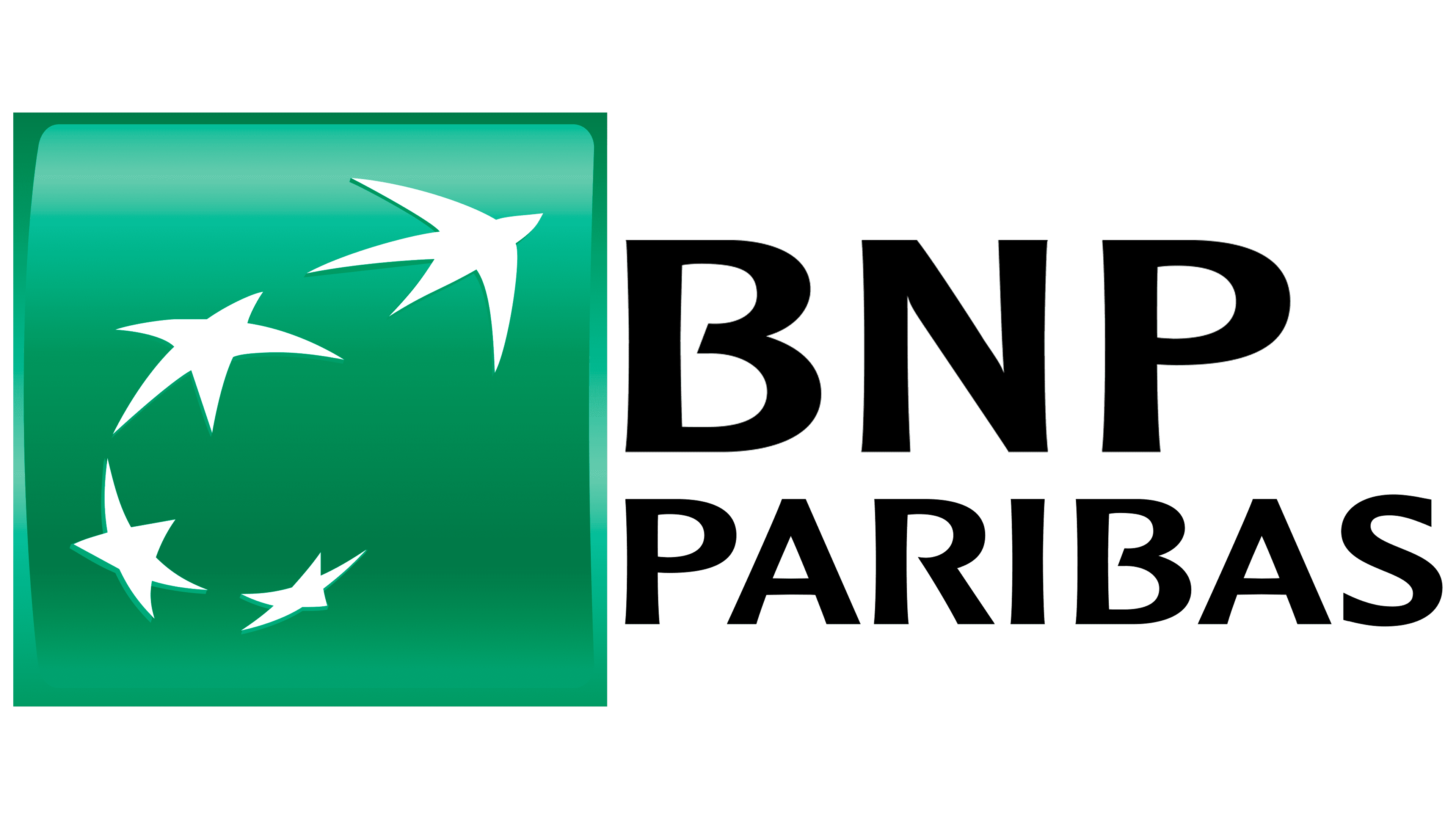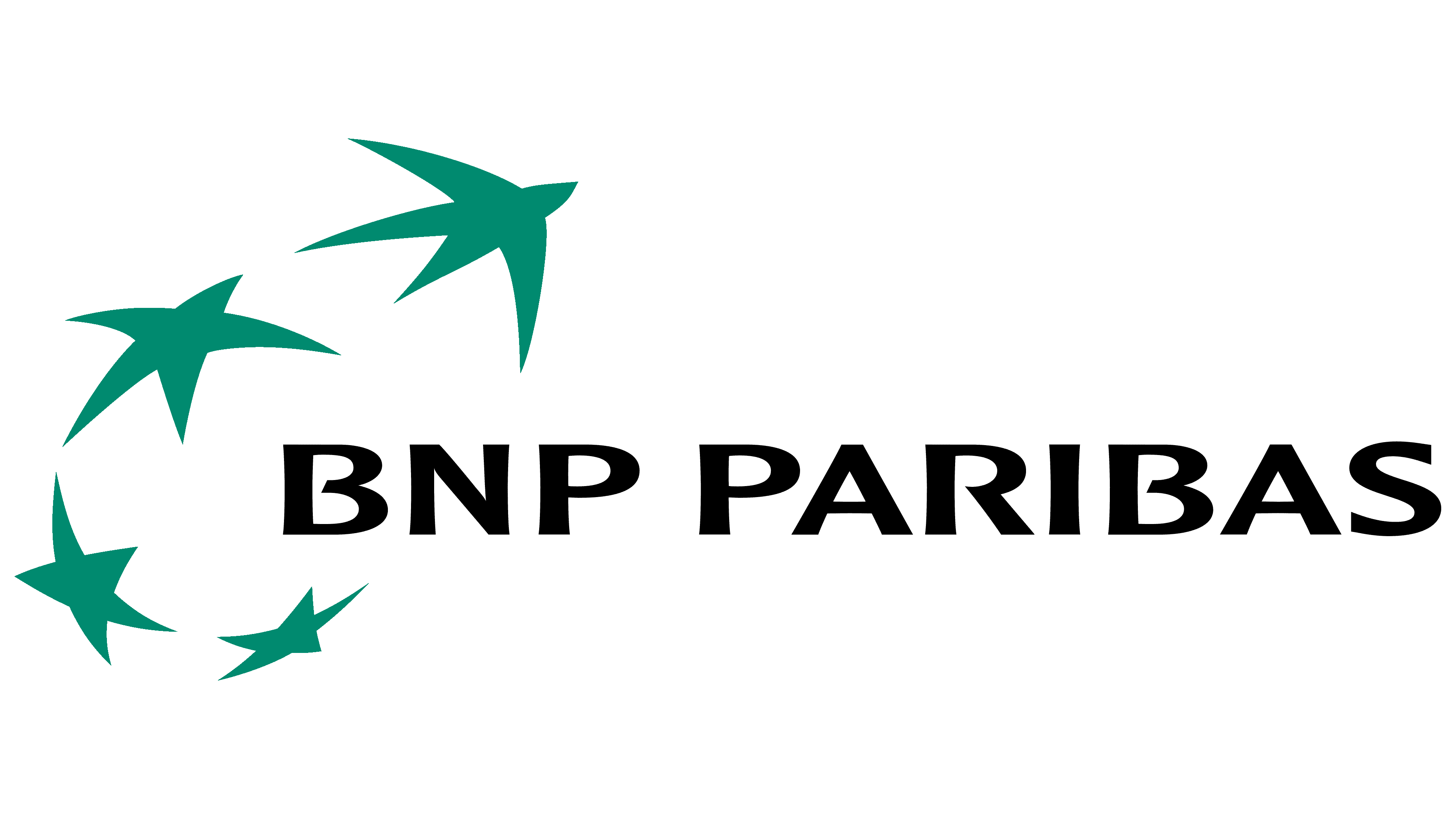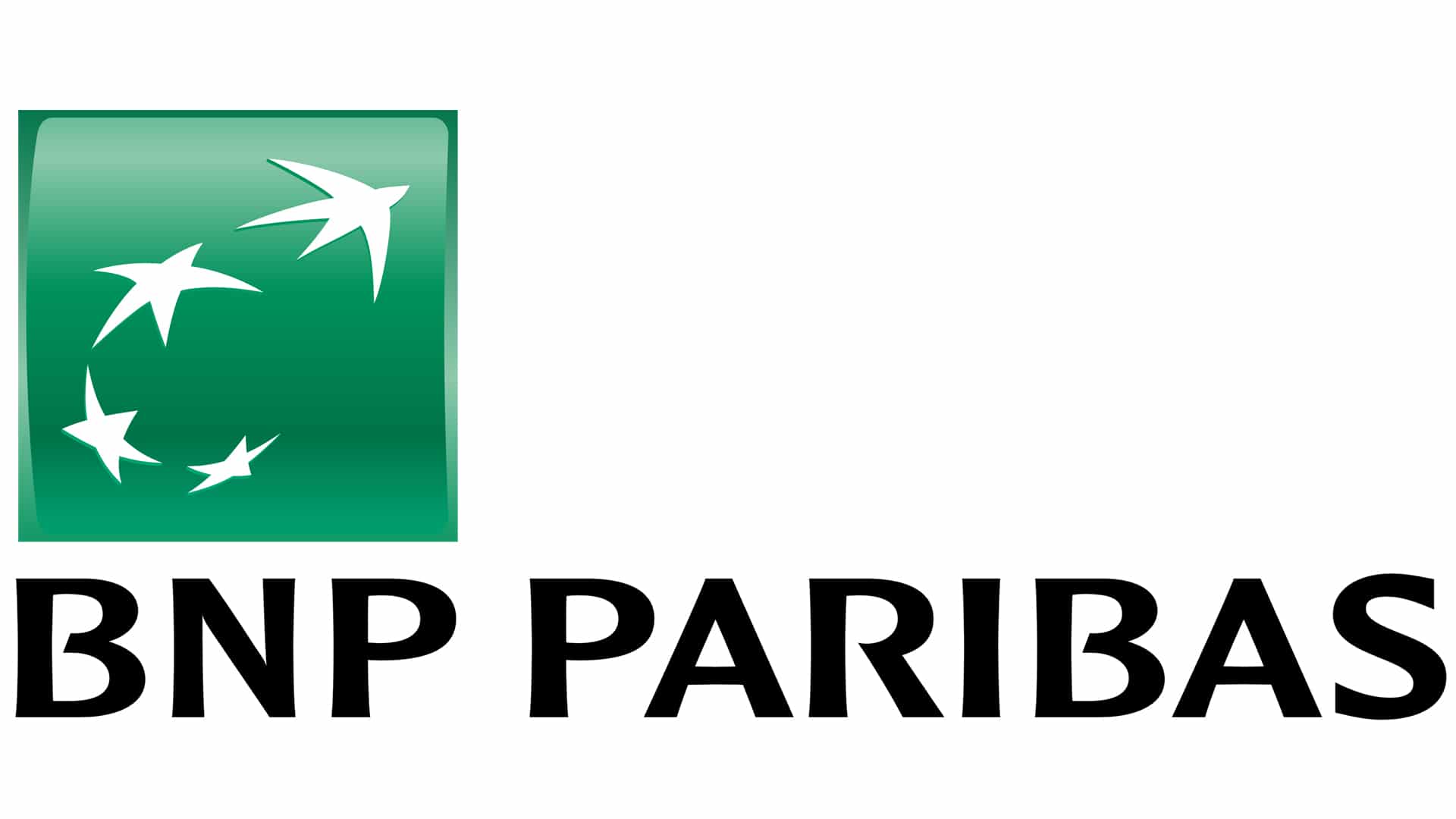BNP Paribas Iran: Unpacking The $8.9 Billion Sanctions Scandal
In the intricate world of global finance, few events send as powerful a ripple as a major bank being held accountable for violating international sanctions. The case of BNP Paribas, France's largest bank, and its staggering $8.9 billion settlement for breaching U.S. sanctions against countries like Sudan, Cuba, and significantly, Iran, stands as a landmark moment. This wasn't merely a procedural misstep; it was, as U.S. authorities detailed, a conscious and deliberate decision to circumvent the law, leading to one of the largest financial penalties ever imposed.
The implications of the BNP Paribas Iran sanctions saga extend far beyond the hefty fine. It underscored the formidable reach of U.S. financial regulations, the critical importance of robust compliance frameworks within global institutions, and the severe consequences awaiting those who prioritize profit over legal and ethical obligations. This article delves into the depths of this unprecedented case, exploring the violations, the penalties, the bank's response, and the enduring lessons for the financial world.
The Unprecedented Penalty: BNP Paribas's Record Fine
The figure of almost $8.9 billion is not just a number; it represents a historic forfeiture, marking the proceeds of what U.S. authorities explicitly termed "criminal activity." This colossal sum was the core of the settlement reached by BNP Paribas with the U.S. Justice Department. According to official statements, France's largest bank admitted to processing nearly US$9 billion in banned transactions over an eight-year period, specifically from 2004 to 2012. This staggering amount involved entities in Sudan, Cuba, and Iran, all subject to stringent U.S. sanctions.
The breakdown of this penalty highlights the varying degrees of involvement with each sanctioned nation. Of the total illegal transactions handled, a significant portion, $6.4 billion, was linked to Sudan. Cuba accounted for $1.7 billion, while transactions related to Iran amounted to $650 million. In addition to forfeiting these proceeds, BNP Paribas was also required to pay an extra $140 million in fines, bringing the total financial penalty to a figure just shy of $9 billion. This record-setting fine was a clear signal from U.S. regulators: violations of sanctions would be met with the most severe financial repercussions, setting a new precedent for international banking compliance.
A Deliberate Disregard: How BNP Paribas Violated Sanctions
What made the BNP Paribas case particularly egregious in the eyes of U.S. authorities was not merely the scale of the transactions but the admitted deliberate nature of the violations. The Justice Department emphasized that BNP Paribas "had many opportunities to take corrective action and abide by the law." Yet, despite explicit warnings from American regulators and even other banks, the institution "consciously chose to ignore those warnings and commit literally thousands of flagrant" violations. This wasn't an oversight; it was a calculated risk, a decision to prioritize financial gain over legal compliance.
The bank's plea of guilty on Monday to two criminal charges underscored this admission. It acknowledged concealing billions of dollars in transactions for clients in Sudan, Iran, and Cuba, directly contravening U.S. sanctions. This pattern of behavior, spanning from at least 2002 to 2012, demonstrated a systemic failure within the bank's compliance mechanisms and a clear disregard for international financial regulations designed to prevent illicit money flows and support for problematic regimes.
The Legal Framework: IEEPA and TWEA
The charges against BNP Paribas were rooted in two crucial pieces of U.S. legislation: the International Emergency Economic Powers Act (IEEPA) and the Trading with the Enemy Act (TWEA). These acts grant the U.S. President broad authority to regulate international commerce and financial transactions during national emergencies, particularly concerning countries deemed hostile or a threat to U.S. national security or foreign policy. In essence, they are the legal backbone of U.S. sanctions programs.
BNP Paribas admitted to conspiring to violate both IEEPA and TWEA by processing billions of dollars of transactions through the U.S. financial system on behalf of Sudanese, Iranian, and Cuban entities. This involved stripping identifying information from wire transfers to obscure their origins and destinations, effectively creating a parallel financial system for sanctioned entities. The bank's actions directly undermined the intent of these laws, which aim to isolate and pressure regimes that engage in activities contrary to international norms or U.S. interests.
The Role of Iran in the Sanctions Breach
While Sudan accounted for the largest portion of the illegal transactions, the involvement of Iran in the BNP Paribas sanctions breach is particularly significant given the ongoing geopolitical sensitivities surrounding the nation. The $650 million linked to Iran-related transactions, though smaller than the Sudan figure, still represents a substantial sum funnelled through the U.S. financial system despite strict prohibitions. U.S. sanctions against Iran are multifaceted, primarily aimed at preventing its pursuit of nuclear weapons, curbing its support for terrorism, and addressing its human rights record.
The data provided highlights the broader context of these sanctions, noting that "Israel’s objective is to remove the threat of Iran being able to make nuclear weapons." This underscores the critical national security interests that underpin such financial restrictions. For BNP Paribas to facilitate transactions for Iranian entities meant directly or indirectly circumventing efforts to pressure Tehran, a move that carries profound implications for international diplomacy and security. The bank's actions, therefore, were not just a breach of financial regulations but a challenge to the very fabric of international efforts to manage geopolitical risks.
The Ripple Effect: Consequences Beyond the Fine
The financial penalty, while unprecedented, was not the sole consequence for BNP Paribas. The bank was also sentenced to five years of probation by a U.S. judge. This probation period meant that the bank's operations would be under close scrutiny, with a requirement to adhere strictly to compliance protocols and report regularly on its progress. Such a probationary period is a serious measure for a global financial institution, impacting its operational autonomy and reputation.
Furthermore, a critical aspect of the settlement was the temporary barring of BNP Paribas from certain U.S. dollar clearing operations. While the specific duration and scope of this ban could vary, even a temporary exclusion from the U.S. financial system is a severe blow for a bank of BNP Paribas's stature. U.S. dollar clearing is fundamental to international trade and finance, and any restriction in this area can significantly impede a bank's ability to conduct global business, affecting its clients and its competitive standing. This measure served as a powerful deterrent, signaling that non-compliance could lead to operational paralysis in the world's largest financial market.
Bank's Response and Remedial Actions
In the aftermath of the settlement, BNP Paribas acknowledged its wrongdoing. Georges Dirani, the bank's chief counsel, told the court that BNP Paribas "has taken many steps" to address the violations. This admission of guilt and the commitment to remedial actions were crucial parts of the resolution process. While the exact details of these steps were not fully public, they typically involve a comprehensive overhaul of compliance programs, including enhanced due diligence, more rigorous transaction monitoring, increased staff training, and the implementation of advanced technological solutions to detect and prevent illicit activities.
The bank's top leaders reportedly spent an entire weekend preparing for the announcement of the charges, indicating the gravity with which the situation was treated internally. Such high-level engagement is essential for driving cultural change within an organization, ensuring that compliance is not merely a checkbox exercise but an embedded principle throughout all levels of operation. The hope from regulators is that such internal reforms will prevent future transgressions and serve as a model for other institutions facing similar challenges in adhering to complex international regulations.
Broader Implications for Global Banking
The BNP Paribas Iran sanctions case sent an unequivocal message across the global financial industry: U.S. sanctions are to be respected, and their violation will incur severe penalties. This landmark settlement served as a wake-up call for banks worldwide, prompting a renewed focus on strengthening their compliance departments and investing heavily in technologies and personnel dedicated to sanctions screening and anti-money laundering (AML) efforts. Many institutions reviewed their existing client portfolios, particularly those with exposure to high-risk jurisdictions, and re-evaluated their risk appetite for certain types of transactions.
The case also highlighted the extraterritorial reach of U.S. law. Even non-U.S. banks conducting transactions in U.S. dollars or through the U.S. financial system are subject to U.S. sanctions regulations. This principle, often referred to as "dollar clearing," means that any bank engaging in dollar-denominated transactions must adhere to U.S. laws, regardless of where they are headquartered. This reality has forced global banks to navigate a complex web of international laws, often leading to de-risking strategies where banks withdraw from certain regions or client relationships deemed too risky to maintain.
Geopolitical Undercurrents and Sanctions Policy
The BNP Paribas Iran case cannot be fully understood without acknowledging the broader geopolitical landscape that shapes sanctions policy. Sanctions are a powerful tool of foreign policy, designed to exert economic pressure on states or entities whose actions are deemed contrary to international peace, security, or human rights. The U.S. employs sanctions to achieve specific policy objectives, whether it's preventing nuclear proliferation, combating terrorism, or promoting democratic governance.
The provided data references discussions among BNP Paribas Wealth Management executives, Edmund Shing and Guy Ertz, regarding "the impact of escalating geopolitical tensions in the Middle East." This context is crucial, as the sanctions against Iran are directly linked to these tensions, particularly concerns over its nuclear program. The mention of "oil prices surged 9% after Israel struck military and nuclear targets in Iran" further illustrates the volatile environment in which these financial regulations operate. Banks, therefore, are not just financial intermediaries; they are often caught in the crosshairs of international political conflicts, making their compliance responsibilities incredibly complex and high-stakes.
The Sudan Connection: Genocide Allegations
While the focus of this article is on BNP Paribas Iran, it's important to briefly acknowledge the most significant component of the illegal transactions: Sudan. The data reveals that BNP Paribas was ordered by a U.S. judge to face a lawsuit accusing the French bank of helping Sudan's government commit genocide between 1997 and 2011 by providing banking services. This adds another layer of gravity to the bank's misconduct. The Sudanese regime, particularly during the Darfur conflict, was accused of widespread atrocities, and the sanctions were intended to cut off its financial lifelines.
The connection to genocide allegations elevates the BNP Paribas case beyond mere financial impropriety to a matter of complicity in severe human rights violations. This aspect underscores the moral and ethical dimensions of sanctions compliance, reminding financial institutions that their actions have real-world consequences, impacting lives and geopolitical stability. It reinforces the idea that robust compliance is not just about avoiding fines but about upholding fundamental ethical standards and contributing to global security.
Navigating Compliance in a Complex World
The BNP Paribas Iran sanctions case serves as a stark reminder of the immense challenges financial institutions face in navigating an increasingly complex global regulatory environment. Banks operate across multiple jurisdictions, each with its own set of laws, and often, conflicting legal frameworks. The expectation to comply with U.S. sanctions, even when dealing with non-U.S. entities, places a heavy burden on compliance departments. This requires continuous monitoring of geopolitical developments, updates to sanctions lists, and rigorous internal controls to prevent inadvertent or deliberate breaches.
The case highlighted that relying on outdated systems or insufficient staffing in compliance functions is no longer an option. The cost of non-compliance, as demonstrated by the $8.9 billion penalty, far outweighs the investment required for a robust and proactive compliance program. It necessitates a cultural shift where every employee, from the front office to senior management, understands their role in upholding the bank's legal and ethical obligations. The scrutiny from regulators, exemplified by the actions of FBI Director James Comey and US Attorney General Eric Holder in announcing the charges, ensures that compliance remains a top priority.
Lessons Learned from the BNP Paribas Iran Case
The BNP Paribas Iran sanctions saga offers several crucial lessons for the financial industry and beyond. Firstly, ignoring warnings from regulators is a recipe for disaster. The Justice Department explicitly stated that BNP Paribas had ample opportunities to correct its course but chose not to. This underscores the importance of a proactive and responsive approach to regulatory feedback.
Secondly, the case reaffirmed the power and reach of U.S. sanctions. Any entity engaging with the U.S. financial system, regardless of its location, must adhere to U.S. laws. This principle continues to shape international banking practices. Thirdly, the scale of the penalty emphasizes that financial institutions are expected to implement comprehensive and effective compliance programs. Superficial measures are insufficient when dealing with high-stakes international finance. Finally, the case serves as a powerful deterrent, reinforcing the message that integrity and adherence to the rule of law are paramount, and that the proceeds of criminal activity, even if generated by a global bank, will be forfeited.
Conclusion
The BNP Paribas Iran sanctions case remains a pivotal moment in the history of financial regulation. It laid bare the consequences of a global bank's deliberate disregard for international law, resulting in an unprecedented $8.9 billion penalty and a significant blow to its reputation. The detailed admissions of processing billions in banned transactions for entities in Sudan, Cuba, and especially Iran, underscored the critical role financial institutions play in upholding global security and stability.
This saga serves as a lasting reminder that the pursuit of profit must always be balanced with an unwavering commitment to compliance and ethical conduct. For financial institutions worldwide, the lessons are clear: invest in robust compliance, heed regulatory warnings, and recognize the far-reaching implications of every transaction. The cost of non-compliance, as BNP Paribas discovered, is simply too high. What are your thoughts on the BNP Paribas Iran sanctions case? Share your insights in the comments below. If you found this analysis insightful, consider sharing it with your network or exploring other articles on financial compliance and international law on our site.

BNP - Pictures

BNP Paribas Logo, symbol, meaning, history, PNG, brand

Bnp Paribas 2024 Prize Money - Cloris Sharai